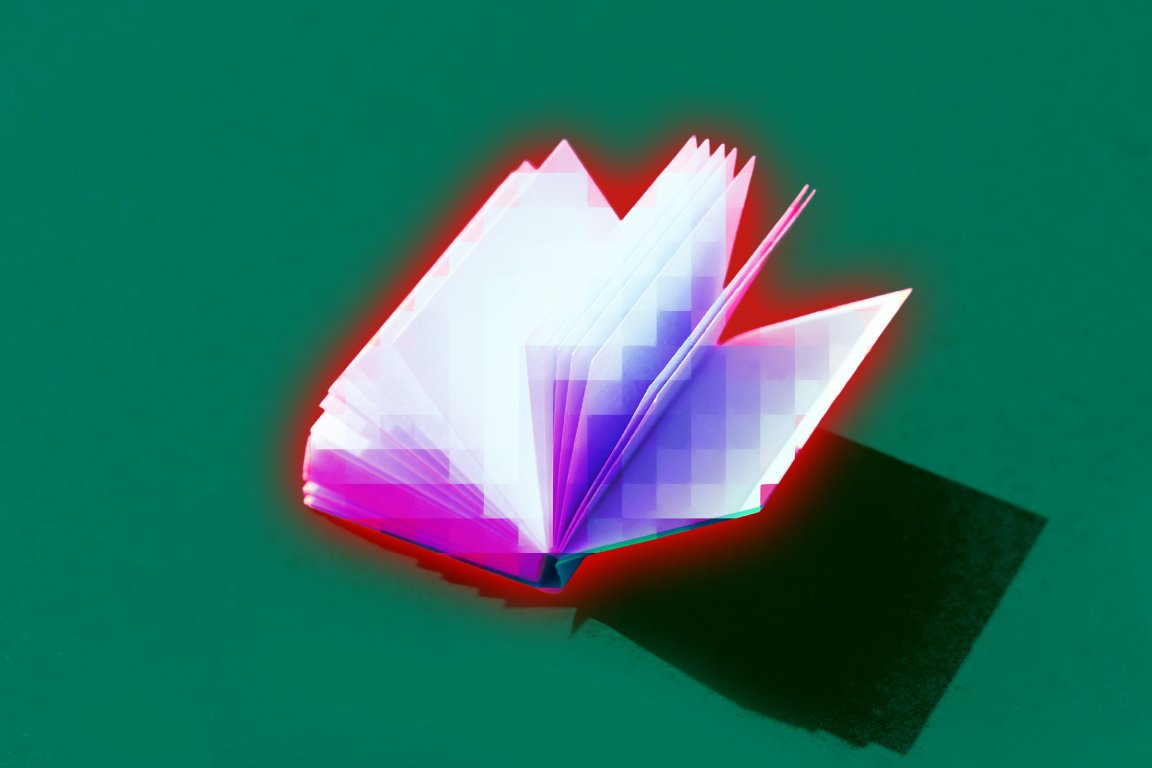
If AI is “critical” for “preparing students” to become well-rounded members of society, as US Secretary of Education Linda McMahon recently claimed, we all might be in trouble.
A massive government experiment in South Korean to roll out 76 AI-generated textbooks has ended just four months in, after the program proved to be a catastrophe.
Called the “AI Digital Textbook Promotion Plan,” the initiative formed as a partnership with a dozen publishing companies championed by disgraced former President Yoon Suk Yeol in June of 2023.
According to Rest of World, the textbooks first became available when the South Korean school year began last March. Lawmakers promised students the textbooks would offer personalized learning in math, English, and coding, while teachers were told they would lower the workload and prevent dropouts.
Yet when they hit the classroom, the books turned out to be full of embarrassing errors, demanding much more time and energy from students and teachers alike. Though part of the government’s pitch was that generating textbooks with AI would make the publishing process much faster, textbooks from at least one publisher were significantly delayed.
One high school student told RoW that “all our classes were delayed because of technical problems with the textbooks. I also didn’t know how to use them well.”
“Monitoring students’ learning progress with the books in class was challenging,” one high school math teacher added. “The overall quality was poor, and it was clear it had been hastily put together.”
The experimental program was a nightmare from its inception. When it was first announced, South Korea’s then-minister of education, Lee Joo-ho, announced the AI textbooks would be mandatory by law. The government received harsh legal pushback, forcing the minister to change the initiative into a voluntary trial lasting one school year.
In October, after just four months in the classroom had racked up a mountain of complaints, the textbooks were re-classified as “supplemental materials,” meaning teachers whose schools had signed up for the program could choose not to use them going forward.
As a result, over half of the 4,095 schools signed onto the initiative had opted out by mid-October, RoW notes.
And while that means many students and teachers no longer have to suffer the horrible textbooks, the publishers chosen for the initiative have been left holding the bag. (Astonishingly, the textbook companies had invested the equivalent of $567 million in the project, to meet the government’s commitment of $850 million.)
Reacting to the re-classification, the publishers formed a collective called the “AI Textbook Emergency Response Committee.” Last week, South Korean publication The Fact reported that the committee had filed a constitutional petition to beg the government to reverse its decision, arguing that the re-classification is “threatening their survival.”
Whatever happens next is up to the courts — but that decision can’t change the fact that South Korea’s experiment with AI textbooks has been an unmitigated disaster.
More on education: Something Disturbing Happens When You “Learn” Something With ChatGPT